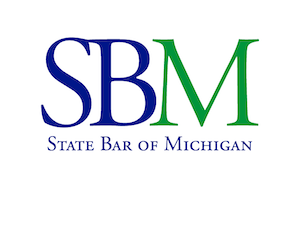- Contact Us Now: 615-510-4000 Start Your Defense
Business Tax Filing Season
Tax season is fully underway and an important deadline for businesses is just around the corner. March 15 is the due date for most organizations classified as partnerships and S-Corporations to file their annual tax returns to the Internal Revenue Service. It’s critical to file these returns on time or apply for an automatic extension to avoid costly penalties.
Things to remember for entities that fall into these categories:
- For Partnerships: IRS Form 1065 is due on March 15. Tax penalties are based on the number of partners and shareholders in the organization, so penalties can add up quickly if the filing deadline is missed. A penalty of $200 per month per partner or member may be assessed to the business for each month the return is not filed. Penalties can also apply to multi-member Limited Liability Companies (LLCs) who have opted for treatment as a Partnership.
For S-Corporations: IRS Form 1120-S is due on March 15. Like Partnerships, penalties are based on the number of shareholders of the corporation. The same details apply to LLC members who have elected S-Corporation treatment from the IRS. - If you can’t complete the tax return on time, remember to file an extension by the due date of the return. Taxpayers should use Form 7004 to file an Application for an Automatic Extension. Once filed, the extension is automatically granted by the IRS and the company will have six more months to complete the tax return. The new due date will be September 15 for calendar year organizations.
Submitting any tax filing extension does not grant additional time to pay any tax owed. In the unlikely event that tax is owed (usually, taxes are not owed on Forms 1065 or 1120-S) business owners should send the estimated tax due with the extension request. Filers need basic information about the organization to file the extension such as the name and address of your business, the federal Employer Identification Number (EIN) or Tax ID, and type of business entity you are engaged in. On Part 1, be sure to enter the correct Form Code for the business type you are in, or the IRS may dismiss the extension application, and it will be as though you never filed it. - Filing an extension is not a bad thing and does not create any type of “red flag” for the business. These types of business tax returns are information returns, and in most cases, no tax is owed at the time of filing. There’s no harm in taking a little extra time to get your paperwork together for the IRS.
Delinquent and improper tax filings are common issues that many small businesses face. Many business owners find tax compliance to be confusing and time-consuming while many are unaware of all the tax returns that are required. Other business owners are uncertain how their business is categorized for federal tax purposes. If you find yourself in any of these situations, consider talking to a tax professional who can potentially save you from an easily avoidable conflict with the IRS.
About Charles R. Frazier
A former IRS agent, Attorney Charles R. Frazier has practiced tax law in Middle Tennessee since 2009. He is also a certified Estate Planning Law Specialist and principal attorney at The Law Offices of Charles R. Frazier. For more information on tax law and estate planning, visit www.crfrazierlaw.com.











